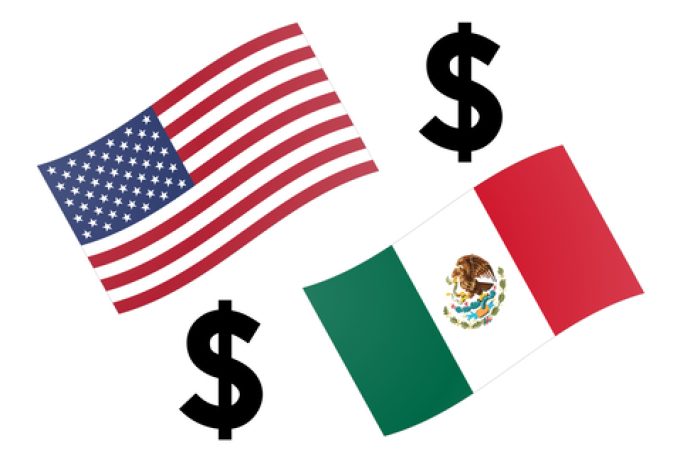Amazon cancels Chinese orders and eyes US expansion
US consumers may find there is less choice come Christmas, after Amazon cancelled some orders ...

UPDATED 17.1.25 WITH XB FULFILLMENT COMMENT
US apparel importers are “scrambling” to find new fulfilment centres after the Mexican government unexpectedly imposed new restrictions and tariffs.
A presidential decree introduced increases to tariffs on a range of finished textile goods, to 35% from 20%-25%, and from 10% to 15% on textile parts, and from 20 December brought in restrictions on the temporary import of textiles under the IMMEX (Manufacturing, Maquiladora and Export Services Industry) programme.
IMMEX allowed foreign companies to import goods into ...
Trump tariffs see hundreds of cancelled container bookings a day from Asia
'To ship or not to ship', the question for US importers amid tariff uncertainty
'Chaos after chaos' coming from de minimis changes and more tariffs
'Disastrous' DSV-Schenker merger would 'disrupt European haulage market'
Forto 'sharpens commercial priorities' as it lays off one-third of staff
List of blanked transpac sailings grows as trade war heats up and demand cools
EC approves DSV takeover of DB Schenker
Overcapacity looms for ocean trades – with more blanked sailings inevitable
Amazon Air’s metamorphosis: 'a different air cargo unit from two years ago'
Shippers in Asia restart ocean shipment bookings – but not from China
India withdraws access for Bangladesh transhipments, in 'very harmful' decision
'Tariff hell' leaves industries in limbo – 'not a great environment to plan'

Comment on this article